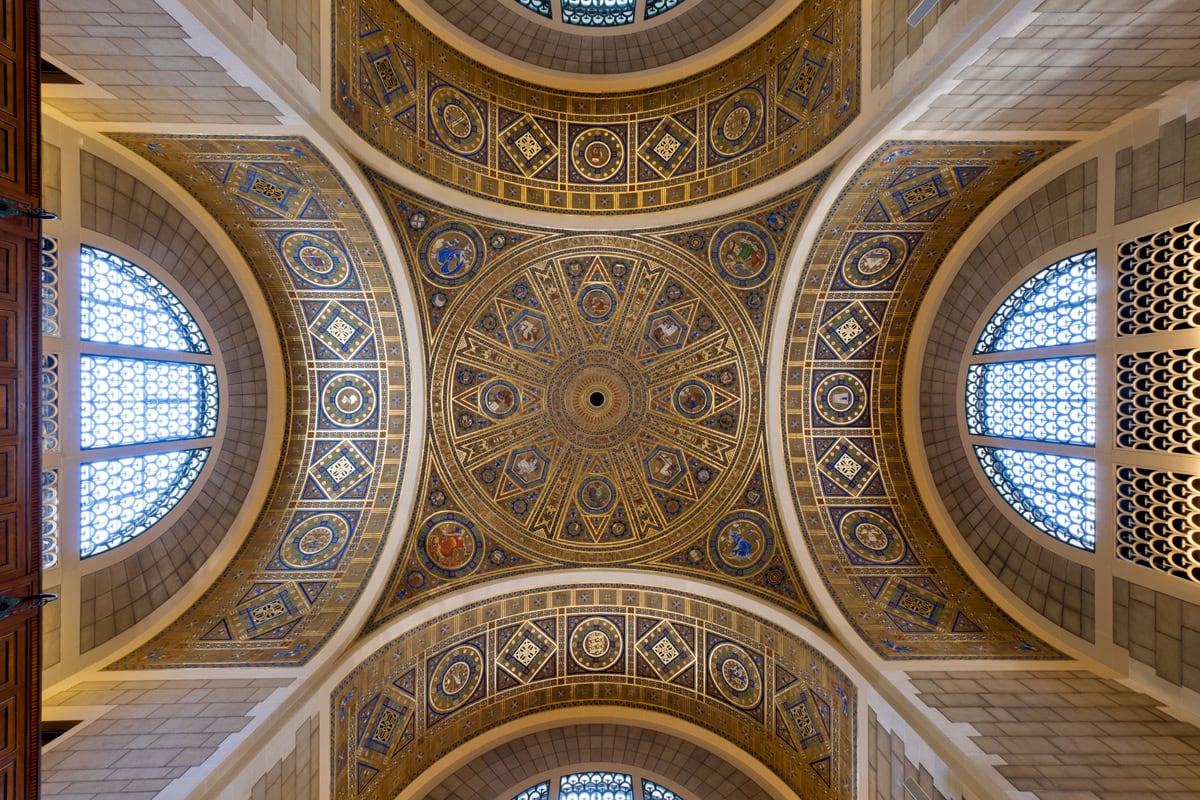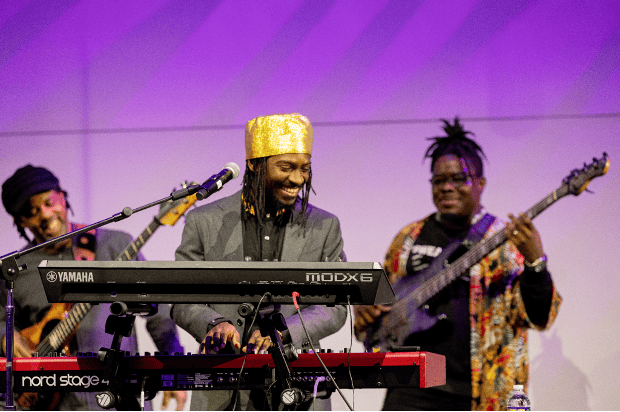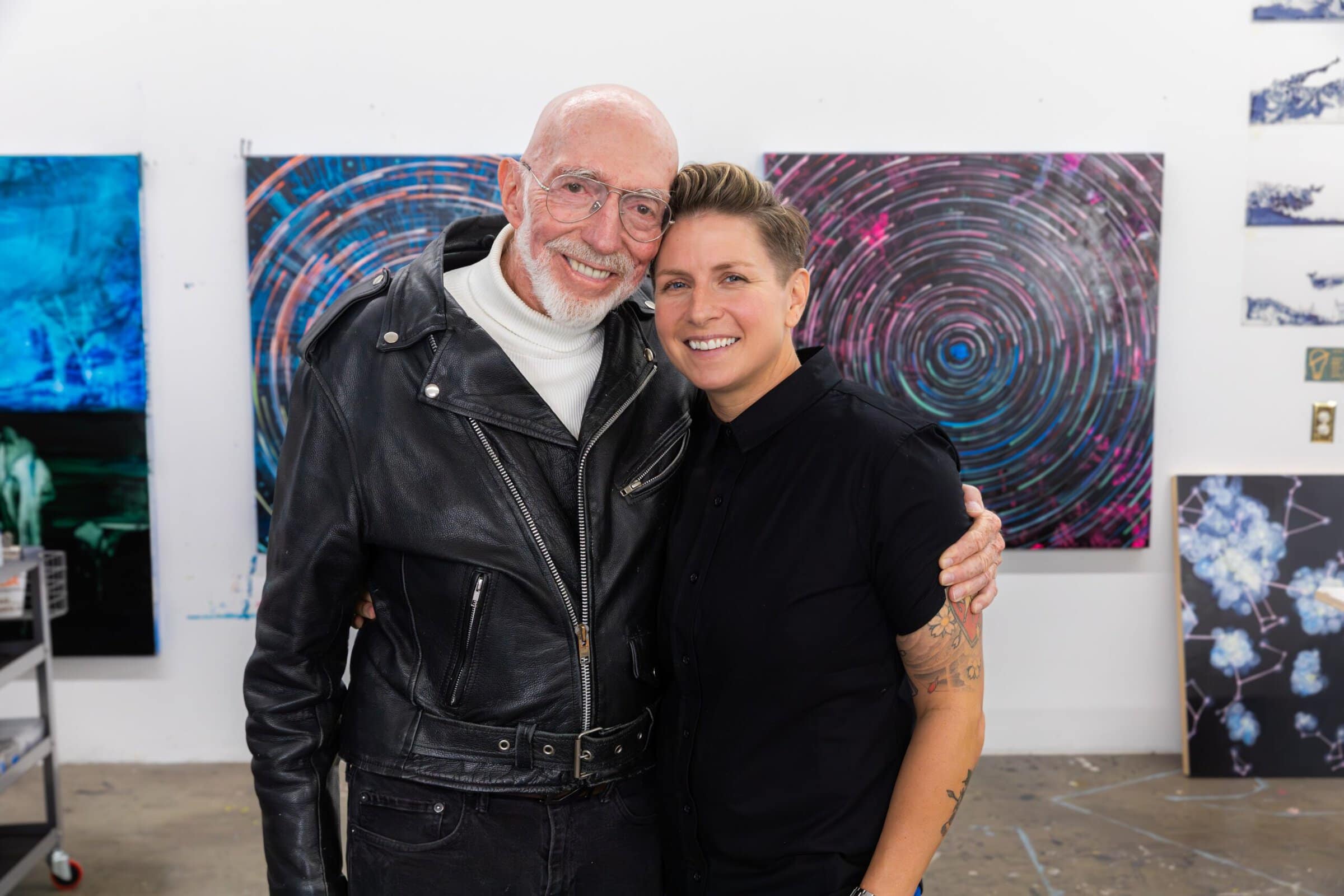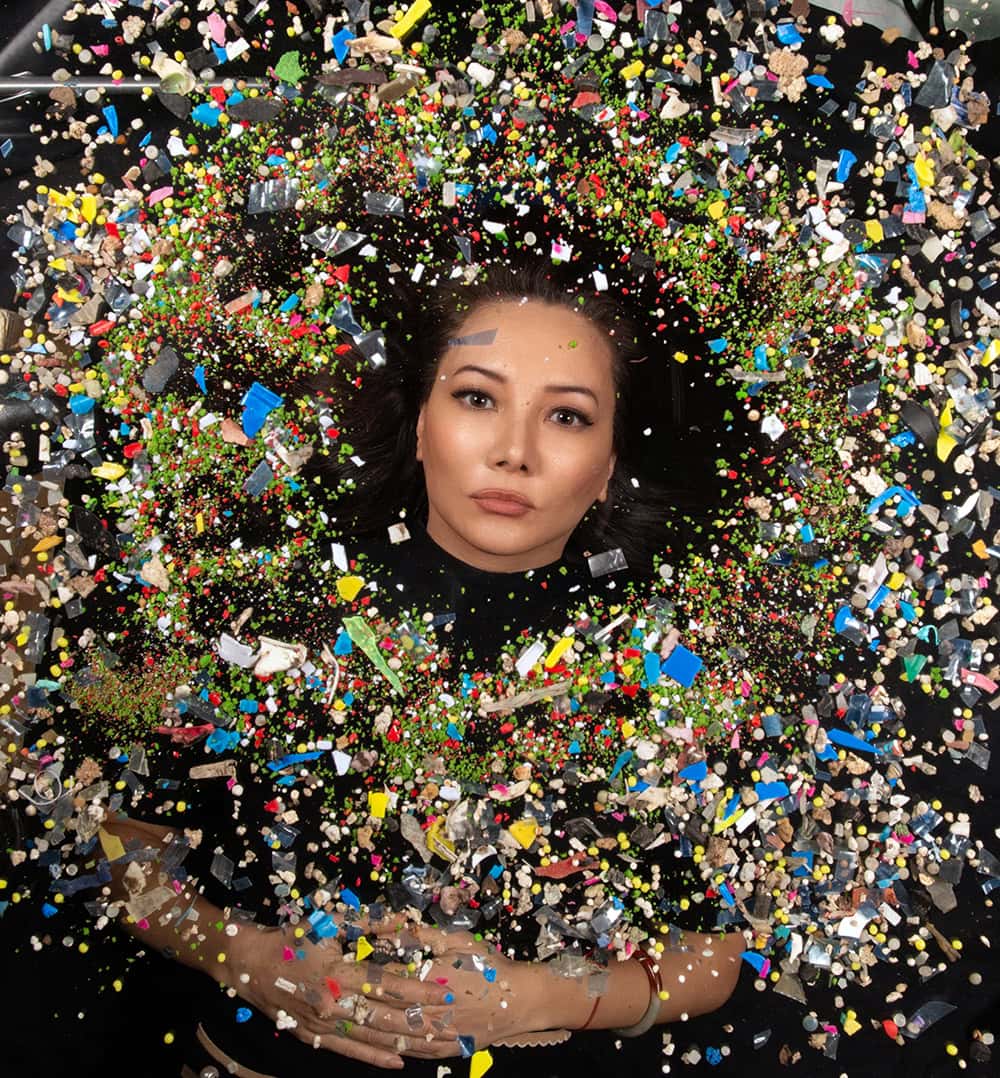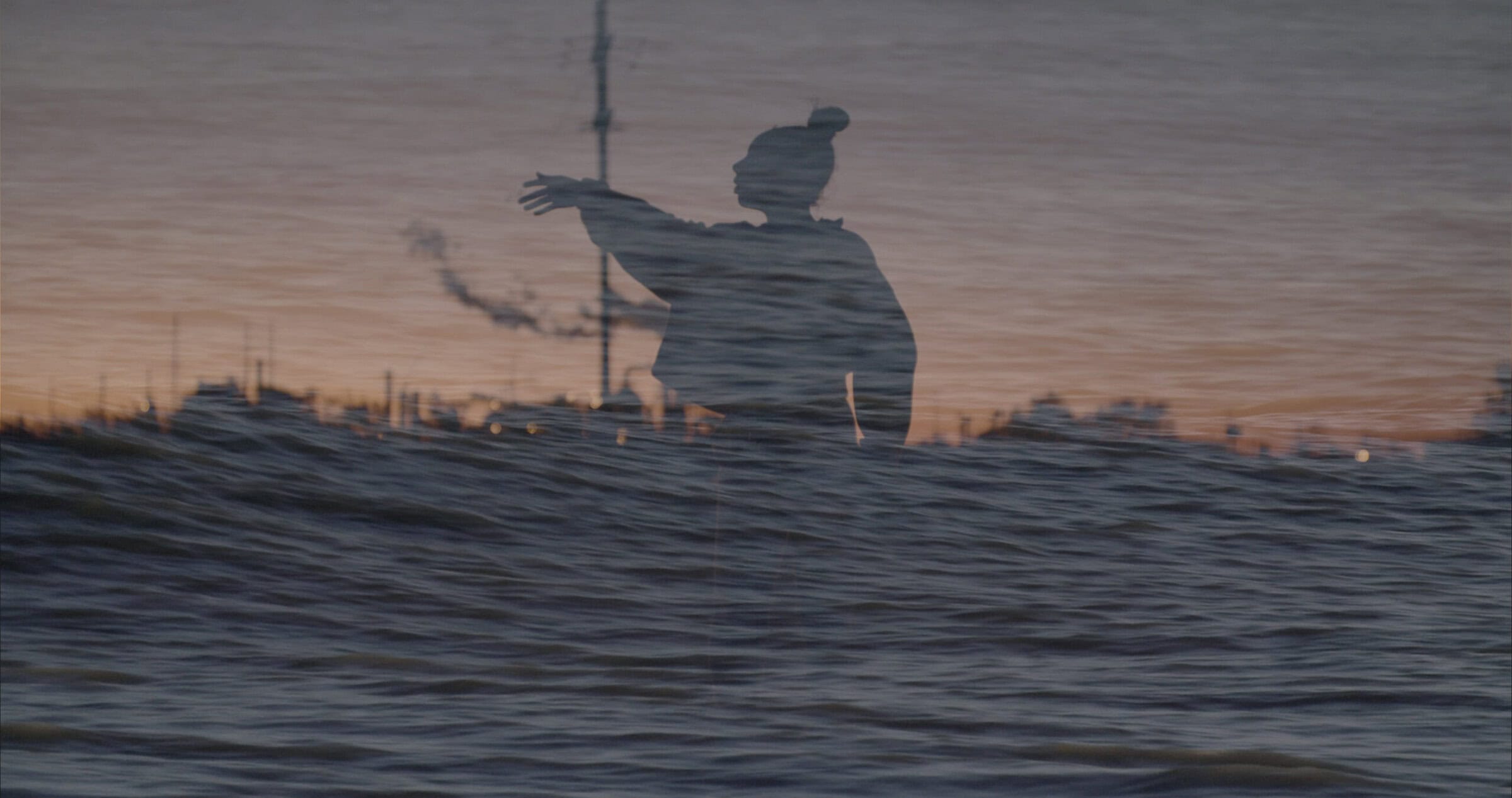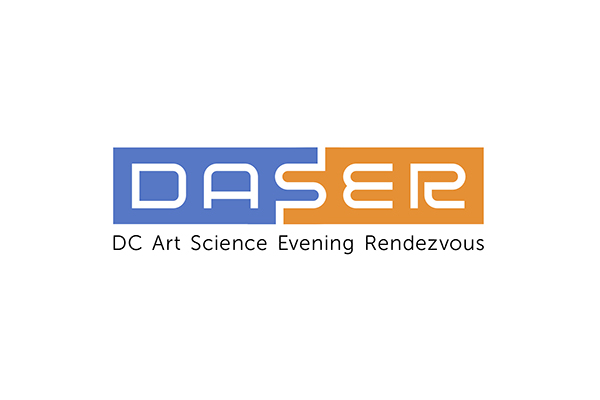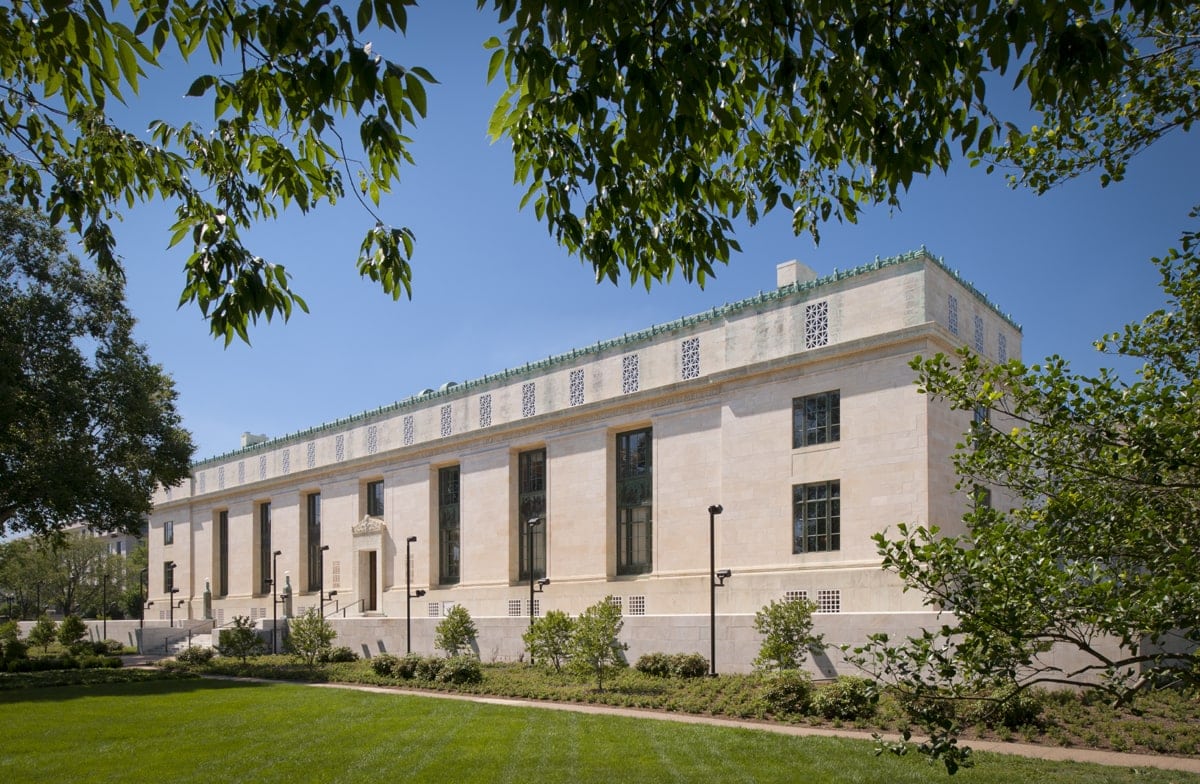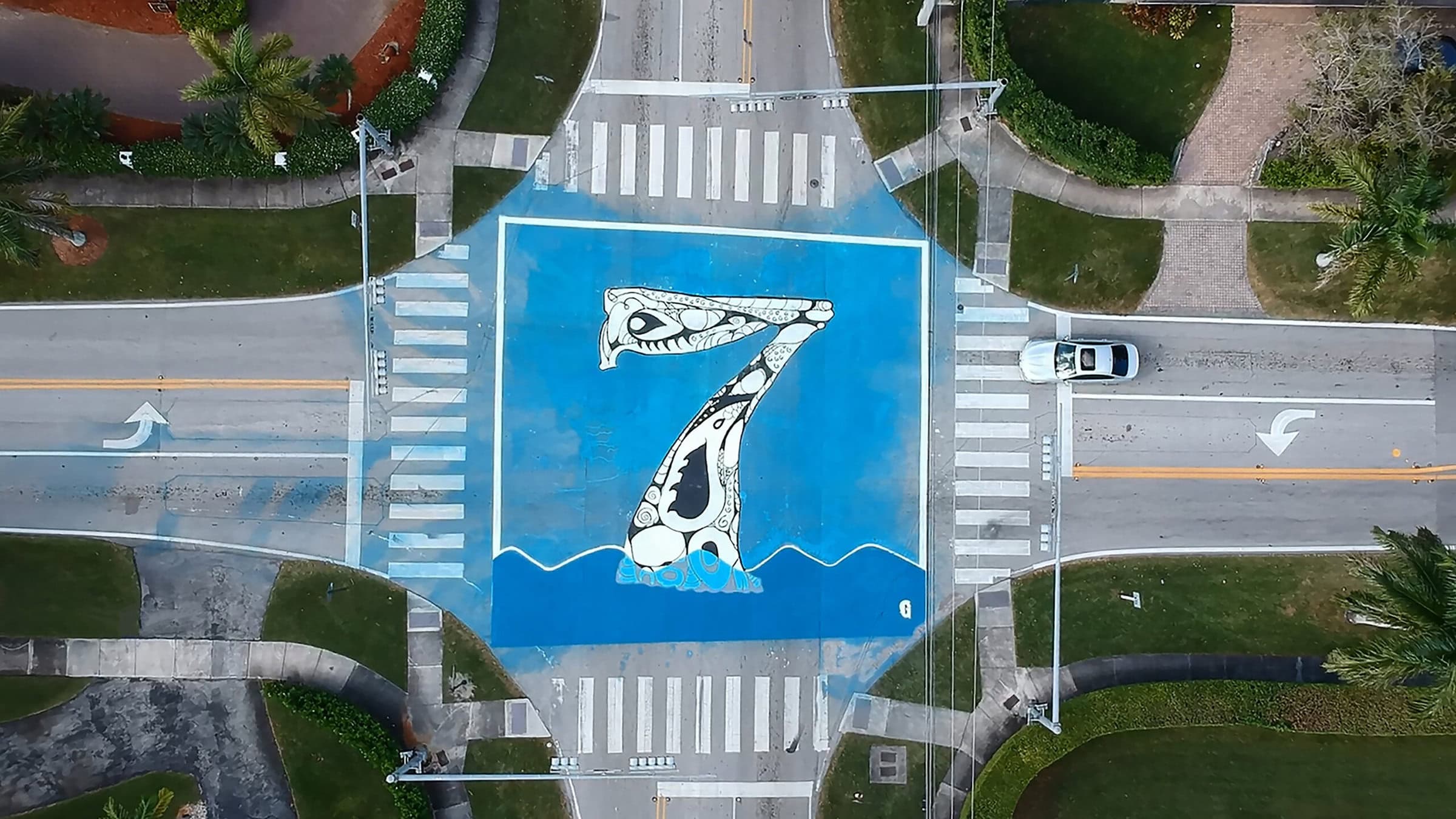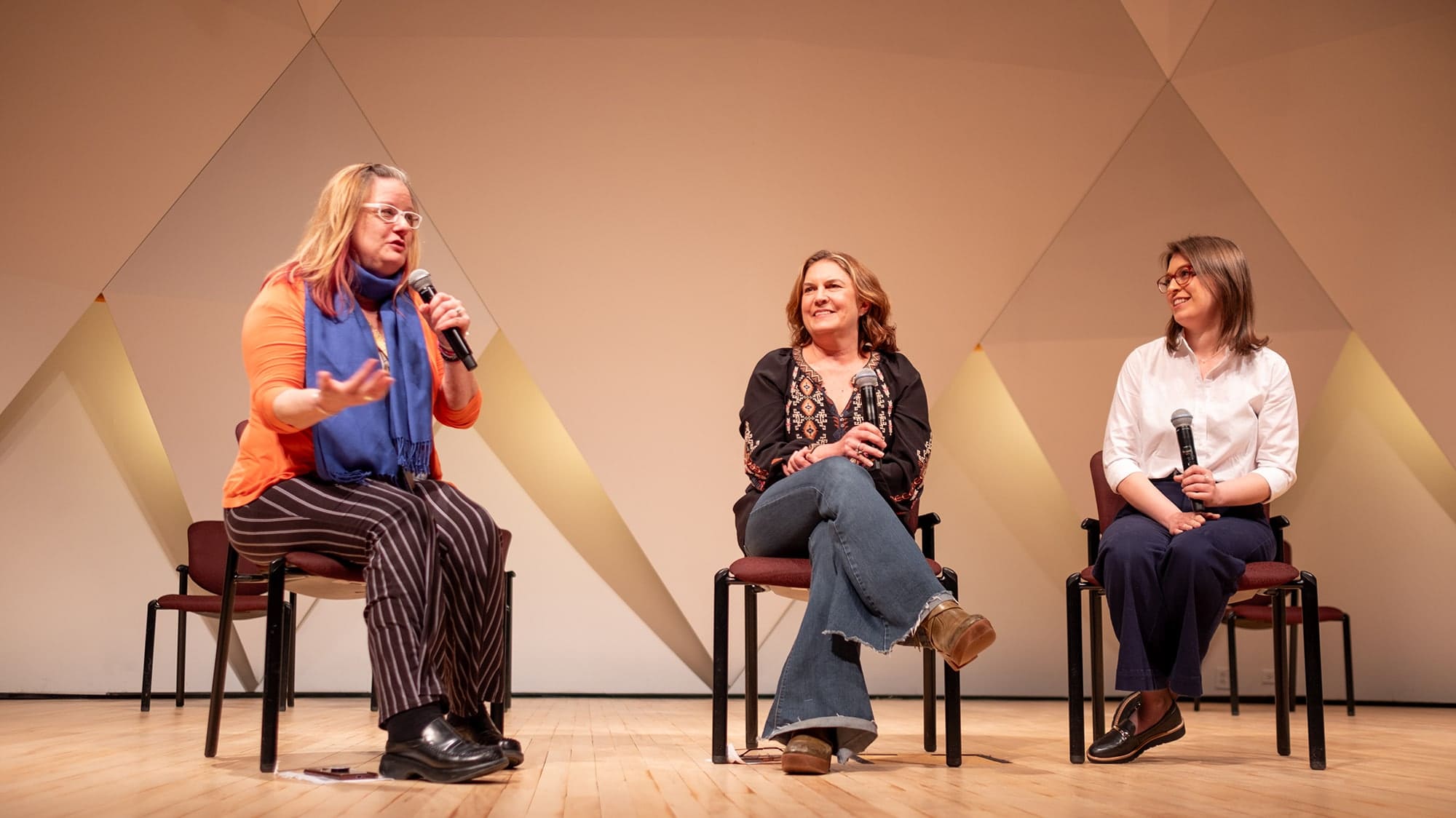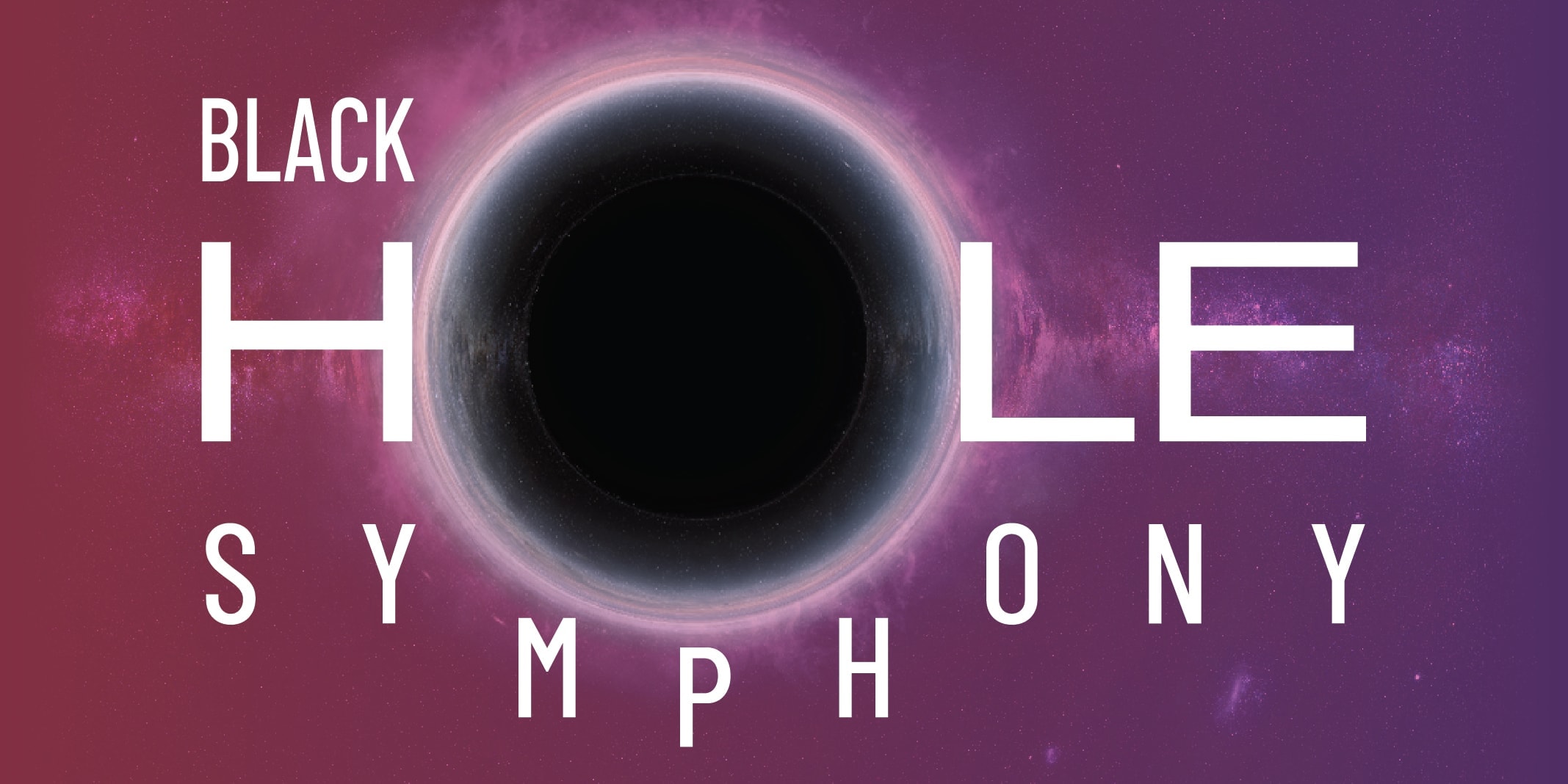Upcoming Events
Guided Tour of the National Academy of Sciences Building
September 19, 2025
Guided Tour of the National Academy of Sciences Building
September 26, 2025
Guided Tour of the National Academy of Sciences Building
October 1, 2025
Past Events
Music for the Collective
September 7, 2025
Guided Tour of the National Academy of Sciences Building
September 5, 2025
Guided Tour of the National Academy of Sciences Building
September 2, 2025
Guided Tour of the National Academy of Sciences Building
August 29, 2025
Guided Tour of the National Academy of Sciences Building
August 22, 2025
Guided Tour of the National Academy of Sciences Building
August 22, 2025
Guided Tour of the National Academy of Sciences Building
August 15, 2025
Guided Tour of the National Academy of Sciences Building
August 8, 2025
Guided Tour of the National Academy of Sciences Building
August 8, 2025
Guided Tour of the National Academy of Sciences Building
August 8, 2025
Guided Tour of the National Academy of Sciences Building
August 1, 2025
Guided Tour of the National Academy of Sciences Building
July 29, 2025
Guided Tour of the National Academy of Sciences Building
July 18, 2025
Guided Tour of the National Academy of Sciences Building
July 18, 2025
DC Art Science Evening Rendezvous (DASER)
February 20, 2025
DC Art Science Evening Rendezvous (DASER)
December 12, 2024
Inherit the Wind: A Staged Theatrical Reading
November 18, 2024
DC Art Science Evening Rendezvous (DASER)
November 14, 2024
DC Art Science Evening Rendezvous (DASER)
September 19, 2024
A Staged Reading of “Legacy of Light” by Karen Zacarías
March 11, 2024
Black Hole Symphony
November 5, 2023
Event Disclaimer
It is essential to the National Academy of Sciences mission of providing evidence-based advice that participants in any of our meetings or events avoid political or partisan statements or commentary and maintain a culture of mutual respect. The statements and presentations during our meetings or events are solely those of the individual participants and do not necessarily represent the views of other participants or the National Academy of Sciences, which is a non-partisan, tax exempt organization.
